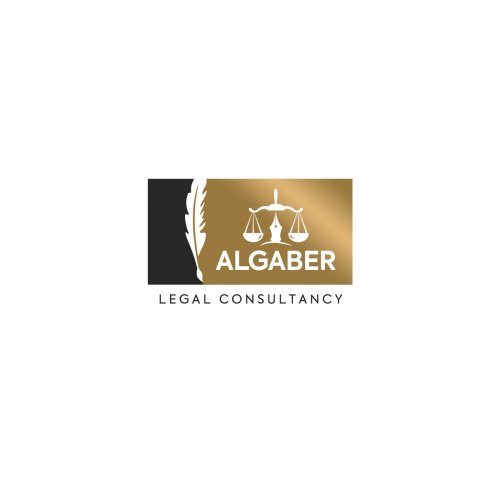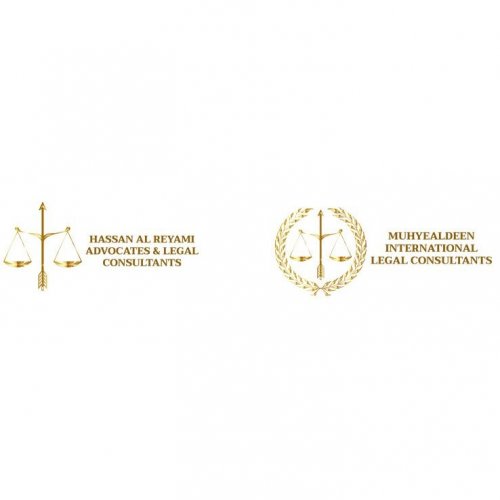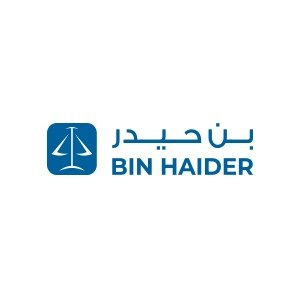Best Energy Regulatory Law Lawyers in United Arab Emirates
Share your needs with us, get contacted by law firms.
Free. Takes 2 min.
Or refine your search by selecting a city:
List of the best lawyers in United Arab Emirates
About Energy Regulatory Law in United Arab Emirates
Energy Regulatory Law in the United Arab Emirates (UAE) is a legal framework that governs the production, distribution, consumption, and regulation of energy resources within the country. The UAE is a leading producer of oil and gas, but it is also making significant strides in renewable energy and sustainability. The Energy Regulatory Law ensures compliance with local and international standards, supports foreign and local investment, and aims to balance economic growth with environmental protection. The law is overseen by several authorities and is crucial for entities involved in oil, gas, electricity, water, and renewable energy projects.
Why You May Need a Lawyer
There are multiple situations where individuals, investors, and companies may require legal assistance in the field of Energy Regulatory Law in the UAE:
- Obtaining government approvals or licenses for energy projects
- Navigating contract negotiations in oil, gas, and renewable energy sectors
- Dealing with regulatory compliance and reporting obligations
- Resolving disputes related to energy supply, distribution, or environmental matters
- Handling land acquisition, zoning, and permitting for energy infrastructure
- Understanding foreign investment rules in energy projects
- Advising on mergers, acquisitions, or joint ventures in the energy sector
Lawyers in this field can provide strategic advice, represent clients before governmental authorities, and ensure that all laws and regulations are being followed.
Local Laws Overview
The UAE's energy sector is regulated through a combination of federal laws and separate regulations at the emirate level. Key aspects include:
- Federal Law No. 15 of 2017 (Regulating the Use of Nuclear Energy)
- Regulations issued by the Department of Energy (DoE) in Abu Dhabi and the Dubai Supreme Council of Energy (DSCE)
- Environmental and safety requirements from the Environment Agency - Abu Dhabi and other local bodies
- Rules governing foreign direct investment in energy projects under the UAE Commercial Companies Law
- Licensing and regulatory requirements for production, distribution, and sale of electricity, water, and fuel
- Renewable energy policies for solar and wind projects, including incentives and grid connectivity standards
- Health, safety, and environmental (HSE) regulations for energy infrastructure
It is essential to note that energy laws may differ between emirates, and compliance with both federal and emirate level requirements is necessary.
Frequently Asked Questions
What types of energy sectors are regulated in the UAE?
Major regulated sectors include oil, gas, electricity, water, nuclear, and renewable energy such as solar and wind.
Can foreign companies invest in the UAE energy sector?
Yes, foreign investment is permitted in many areas, but restrictions may apply depending on the sector and emirate. Legal advice is needed to navigate ownership and regulatory rules.
What authorities regulate energy in the UAE?
At the federal level, the Ministry of Energy and Infrastructure oversees the sector. Local authorities like the Department of Energy (Abu Dhabi) and Dubai Supreme Council of Energy regulate emirate-level projects.
Is renewable energy development encouraged in the UAE?
Yes, the UAE government has set ambitious targets for renewable energy and offers incentives to promote solar and wind projects.
What licenses are required to operate an energy business?
Various licenses and approvals are required, including project licenses, operational permits, and environmental clearances, depending on the project's scope and location.
How are disputes in the energy sector resolved?
Disputes can be resolved through negotiation, arbitration, or court proceedings. Many contracts specify arbitration as the preferred method.
Are there specific environmental regulations for energy projects?
Yes, strict environmental and safety standards must be met for all energy projects, including environmental impact assessments and ongoing compliance with federal and emirate laws.
How does the UAE regulate the use of nuclear energy?
Nuclear energy is heavily regulated under Federal Law No. 15 of 2017, with oversight from the Federal Authority for Nuclear Regulation (FANR).
What is involved in connecting a renewable energy system to the national grid?
Developers must comply with technical standards, obtain relevant permits, and coordinate with utility providers to connect to the grid.
Do companies need to comply with Emiratization requirements in the energy sector?
Certain energy projects may have Emiratization requirements, depending on size and public interest, which dictate the hiring of Emirati nationals.
Additional Resources
If you are seeking more information about Energy Regulatory Law in the UAE, the following organizations and governmental bodies may be helpful:
- Ministry of Energy and Infrastructure (UAE)
- Department of Energy - Abu Dhabi
- Dubai Supreme Council of Energy
- Federal Authority for Nuclear Regulation (FANR)
- Abu Dhabi Water and Electricity Authority (ADWEA)
- Environment Agency - Abu Dhabi
- Dubai Electricity and Water Authority (DEWA)
- UAE Ministry of Climate Change and Environment
Many law firms in the UAE also publish guides and insights on changes in energy regulations.
Next Steps
If you require legal assistance related to Energy Regulatory Law in the UAE, consider the following steps:
- Define your legal issue and gather all relevant documentation
- Consult a legal expert specializing in UAE energy regulations
- Prepare a list of questions and objectives for your consultation
- Check the attorney’s credentials and experience in the energy sector
- Work collaboratively with your lawyer to navigate regulatory requirements and protect your interests
- Contact relevant government authorities or visit their official websites for further information and forms
Engaging professional legal help early can help you avoid compliance issues and ensure the success of your energy project in the UAE.
Lawzana helps you find the best lawyers and law firms in United Arab Emirates through a curated and pre-screened list of qualified legal professionals. Our platform offers rankings and detailed profiles of attorneys and law firms, allowing you to compare based on practice areas, including Energy Regulatory Law, experience, and client feedback.
Each profile includes a description of the firm's areas of practice, client reviews, team members and partners, year of establishment, spoken languages, office locations, contact information, social media presence, and any published articles or resources. Most firms on our platform speak English and are experienced in both local and international legal matters.
Get a quote from top-rated law firms in United Arab Emirates — quickly, securely, and without unnecessary hassle.
Disclaimer:
The information provided on this page is for general informational purposes only and does not constitute legal advice. While we strive to ensure the accuracy and relevance of the content, legal information may change over time, and interpretations of the law can vary. You should always consult with a qualified legal professional for advice specific to your situation.
We disclaim all liability for actions taken or not taken based on the content of this page. If you believe any information is incorrect or outdated, please contact us, and we will review and update it where appropriate.
Browse energy regulatory law law firms by city in United Arab Emirates
Refine your search by selecting a city.

















